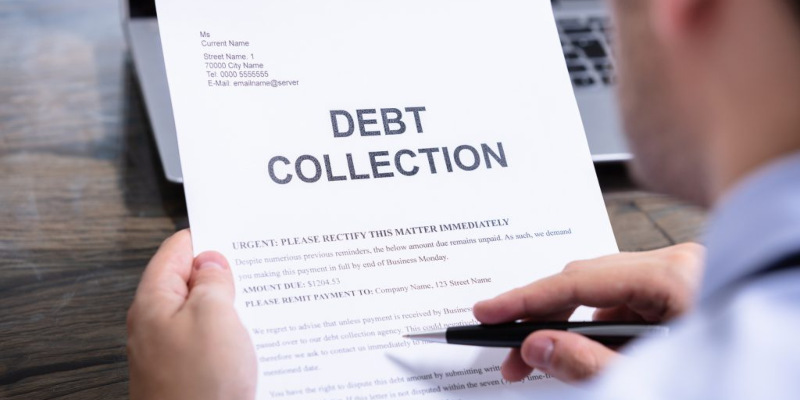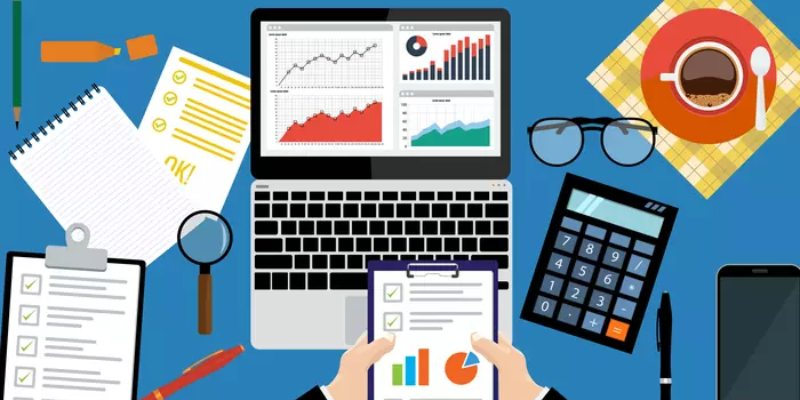How To Respond To A Debt Collectors Call You Must Need To Know
Feb 05, 2024 By Susan Kelly
A call from a debt collector can come out of the blue. To add insult to injury, talking to a debt collector when unprepared can lead to you agreeing to pay a sum beyond your financial means. Alternatively, you may have an argument with a debt collector demanding urgent payment for a debt you don't believe you owe. Don't freak out if a debt collector contacts you. Don't lose your composure, and do as instructed.
You Must Need To Know Before Respond To A Debt Collector's Call
Make Sure There's Time To Talk.
If you are too busy to talk to the collector right now, tell them you need some time to gather the necessary information and ask them to call back at a more convenient time. Get the debt collector's name and address if you want them to stop calling you, but at the very least, jot down your own, so you may write a letter telling them to stop. If you can, schedule a conversation for when you both have free time.
Pick Up A Pen And Paper.
A note will most likely be taken during your conversation with the debt collector. In the same vein, you should. If you ever find yourself in court with a debt collector or need to review a past conversation, your notes will come in very helpful. Record the time and date of the call, the collector's name and the collection agency's name and address, the amount you supposedly owe, the original creditor's name, and the entirety of the conversation when you talk with a debt collector.
Request That The Debt Collector Send You Information On The Debt

You may try arguing, "I don't think I owe this obligation. Please send me any details you have on it. Before sending a debt bill, the collector must ensure they have your correct mailing address. If you are receiving bills at your present address but would prefer to have them sent to a different location, requesting a change of address is acceptable. Do not mention anything that could put you legally responsible for the debt.
Don't Admit Your Debt
Consider this phone call an interrogation in which you are presumed innocent unless and until you establish otherwise. Don't pay the bill or agree to a payment plan unless you verify that the debt is legitimate and that the collector has the legal right to collect from you. Debt collectors frequently ignore the statute of limitations when trying to manage or create new debts to order.
Don't Reveal Income, Debts, Or Bills.
Some debt collectors may use the contents of your credit report as leverage to encourage you to pay off your debts quickly. They may remark, "I see that you're up to date on all of your credit card payments. Surely you have the means to settle this loan. Or, "Are you working for ABC Company?" This signifies you have the financial means to make this payment.
If Necessary, Disconnect The Call.
Time is needed to verify ownership of the debt, assess repayment options, and evaluate the financial benefits of debt cancellation. Don't engage in a lengthy chat with a debt collector. There aren't many words required:
- You couldn't have picked a worse time. The best time to reach you is between 6 and 6 on Monday evening.
- I don't think I'm responsible for this loan. Is it possible to send data over it?
- Instead of making a second payment to a collection agency, I'd settle with the original creditor. Please provide your mailing information so I can issue you a formal warning.
- "I am not allowed to take personal calls at work," she said.
- Your every word could be used against you if you mention anything else about the debt or your willingness or ability to pay.
Plan Your Next Steps After The Call

You can either pay the bill in full, contest it through the debt validation process, ask for the debt to be deleted (pay for deletion), enter into a settlement agreement, or cancel the account. Ignoring the debt is an option, but it's not always the wisest course of action, especially if the statute of limitations or the deadline for credit reporting has already passed.
Conclusion
A debt collector is an individual or business that pursues debtors on behalf of creditors. Collection agencies may contact you by phone, mail, email, or text to collect a debt. It is crucial to know your rights under the law, as debt collecting rules are in place to protect consumers. The Consumer Financial Protection Bureau (CFPB) defines a debt collector as "any individual or corporation that frequently collects debts owing to others, usually after such payments are past due."







